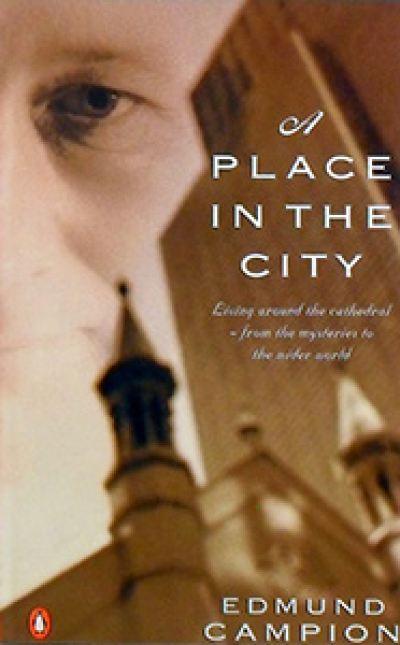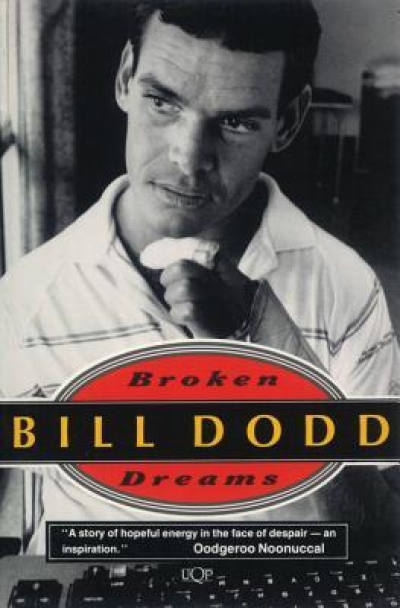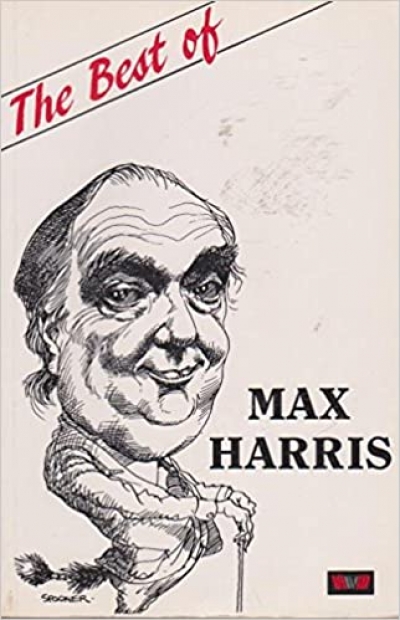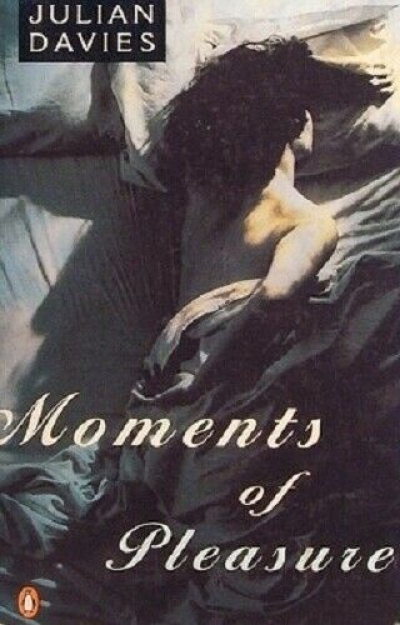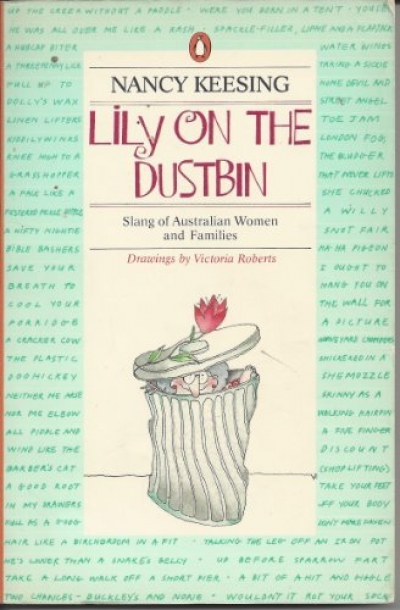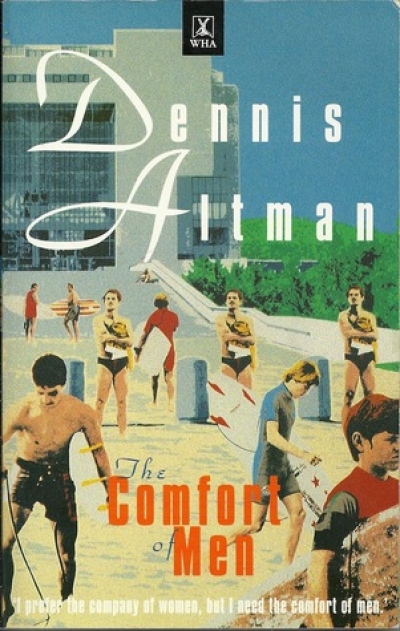John Hanrahan
John Hanrahan was a freelance writer and critic.
For part of my life I lived for many years in a monastery. Singing, particularly of plain chant, was important, and the monastery was divided, with a monastic, unworldly sense of the implication of its metaphors, into ‘the choir’ and ‘the scrubbers’. I excelled. Whatever vocation I had, it certainly included being an eternal scrubber. For many years I spent fifteen minutes a day with a pat ... (read more)
A.D. Hope by Kevin Hart OUP, $14.95pb
Oxford University Press has begun a welcome series called Australian Writers. Two further titles, Imre Salusinszky on Gerald Murnane and Ivor Indyk on David Malouf, will appear in March next year and eleven more books are in preparation. Though I find the first three uneven in quality, they make a very promising start to a series. In some ways they resemble ... (read more)
The ‘place in the city’ of Fr Edmund Campion’s latest pilgrimage into Australian Catholic life and history is St Mary’s cathedral, Sydney. Campion spent six years here as a young-priest working in the shadow of both the cathedral and the august Normal Cardinal Gilroy.
Campion sets himself to become the Victor Hugo of Australia’s Notre Dame and he keeps returning to the cathedral as a fo ... (read more)
Oxford University Press has begun a welcome series called Australian Writers. Two further titles, Imre Salusinszky on Gerald Murnane and Ivor Indyk on David Malouf, will appear in March 1993, and eleven more books are in preparation. Though I find the first three uneven in quality, they make a very promising start to a series. In some ways they resemble Oliver and Boyd’s excellent series, Writer ... (read more)
In 1983, Bill Dodd was nearly eighteen when he dived into a river and nearly lost his life. Dodd warns against diving carelessly into waterholes: ‘It can give you a lot of unnecessary hassles, take it from me.’ This laconic understatement is characteristic of Dodd’s account of his life. He is now a quadriplegic confined to a wheelchair for life. Yet, without straining credibility, Dodd manag ... (read more)
Max Harris must be an important cultural figure. Max Harris keeps saying he is. He also notes that Rupert Murdoch thinks he is. Now Harris has published just over two hundred pages of ‘The Best of Max Harris’, subtitled ‘21 Years of Browsing’, thirty six pieces from the Australian. I pass over in almost-silence the implication that Max is only at his best when writing for Rupert. And maybe ... (read more)
Beatrice Wood, banished by those around her to ‘the category of the aged’, is both the focus and the strength of Julian Davies’s third novel, Moments of Pleasure. Choosing to live her life as a single woman, she has been the unforgiven Magdalene of her family because for fifty years she has been the lover of Mark, a man twice married. A dapper moustache of a man, Mark drifts in and out of bo ... (read more)
John Hanrahan reviews 'Lily on the Dustbin: Slang of Australian women and families' by Nancy Keesing
Do you know the meaning of (or do you use?) ‘white leghorn day’, ‘five finger discount’, ‘beating the gun with an APC’? When a woman ‘chucks a bridge’ what is she doing? Have you come across ‘scarce as rocking-horse shit’, or ‘easy as pee-the-bed-awake’ or ‘tight as a fish’s bum and that’s watertight’ or ‘The streets are full of sailors and not a whore in the hous ... (read more)
Where women lead, men generally have the sense to follow. Eventually. Feminist fiction, lesbian fiction have developed ahead of gay fiction in Australia. This is one of the many ideas acknowledged or explored in Dennis Altman’s welcome addition to literature about homosexual relationships.
Central to the novel are the various ways in which the personal explodes in to the political. The time is ... (read more)


